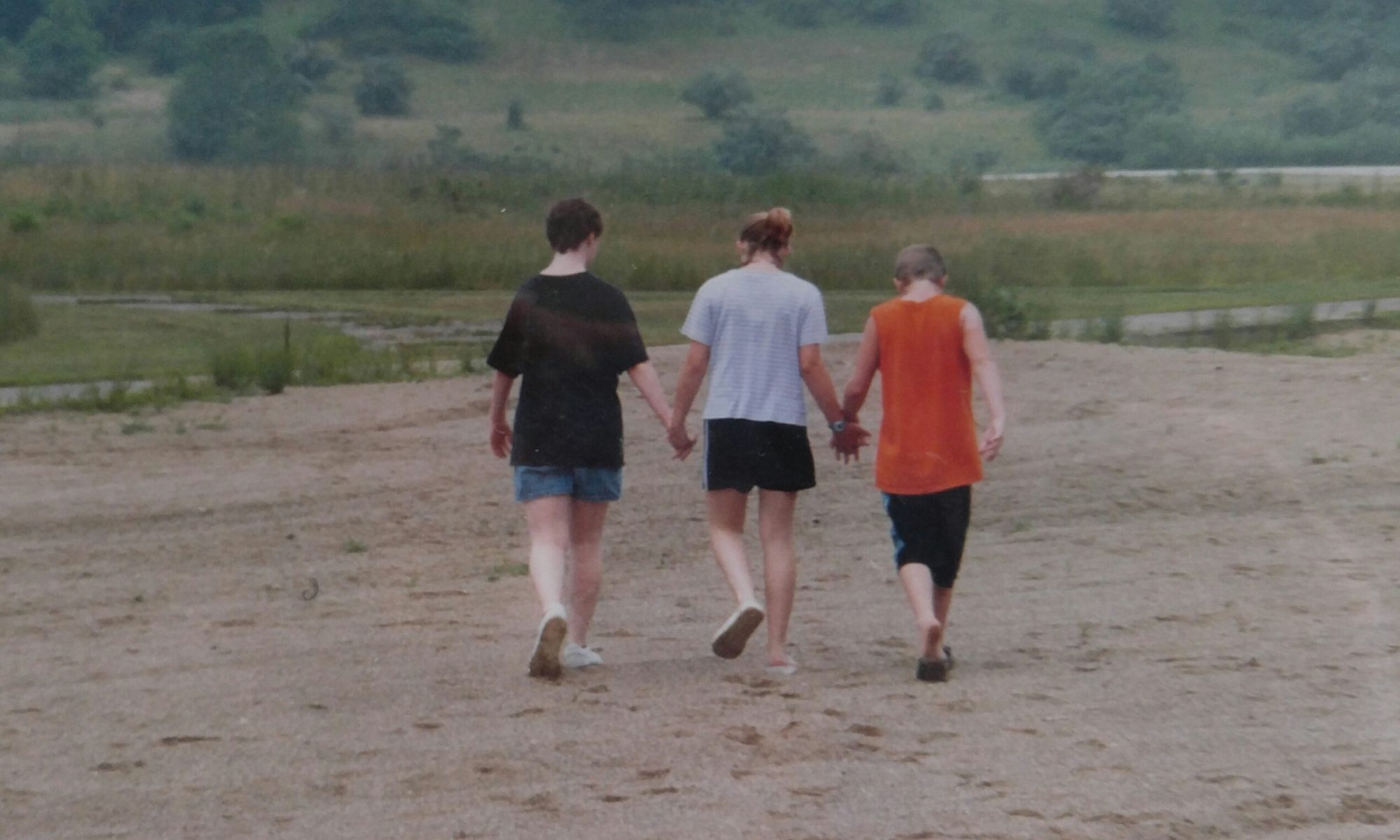
I think I’ve got good plans in place for emergencies. I’ve got extra meds (except one- it’s “controlled” and I can get it even one day early 🙁 ) food and water. We’ve had a few weather emergencies and I know Casey and Rob will get up quickly and go to the basement. I feel like I’ve thought of everything I can.
Wednesday reminded me that no matter how much you plan, something will pop up to teach you that you aren’t ready. And really, it wasn’t that big of a deal.
I was having severe pain in my lower right side and my doctor wanted an immediate CT scan to check my appendix. I had to drink two bottles of water/dye before and, as I was sitting in the health plex, my mind was racing.
Rob was going to be out of that med Thursday morning. Who was going to order and pick it up? If I had to stay in hospital, how would their lunches get packed (they are both very particular about what is in their lunches)? Where would they sleep? I needed to do laundry. I promised Rob a haircut and Casey a walk. The thoughts were racing.
Now, honestly, none of that should have been bothering me. Mandy and Cory, Mom and Dad, Jeff and Tracie would have jumped in to help. But – I was in pain and trying desperately not to throw up. And tired from not sleeping much the night before. So, of course, everything looked worse than it actually was. But – isn’t that how autism is sometimes? It just catches you off guard and little things become huge things. Something as simple as a lunch packed with the wrong things can trigger a meltdown or an anxiety attack.
No matter how we plan (and seriously, very few people plan better than an autism parent!) something will always show us that we just can’t control everything. Which really stinks when you live with people who need things to be controlled and the same. I do my best not to let Casey and Rob get too into their routines, but it happens. Our evening routine changed two nights a few weeks ago and I was so excited that even with the differences, they both went to sleep.
I am lucky. I have family and friends that can jump in and help me. (Not that I don’t still freak out – Mandy likes to tell me to chill out. 🙂 ) But, I can still plan a little better. I can’t change when the medicines can be filled, but I can write down what they like in their lunches. I have their med lists written down and it’s in the tray with their medicines so anyone can give them the right doses. I have written their schedules in this blog – but mostly, just so people can understand just how crazy our lives are at times. 🙂
I also know that Rob and Casey are more relaxed than many people with autism. This happened only in the last few years so don’t give up hope that your child will relax, too! But still, they like their routines. Rob’s anxiety might be rough if he isn’t sure what is happening. So I struggle to be as organized as possible for them. Honestly, as long as they are with grandma and grandpa or Mandy and Cory, Casey and Rob will probably just go with the flow instead of getting anxious.
But – my advice to you is to plan! Write down your child’s preference in clothing and food. Write down a detailed schedule that your child follows each day. Write down what medications they take and the times and doses. Make a note of what your child likes in their backpack for school and in their lunch. Detail their bedtime routine and what they like to sleep with (such as a fan, nightlight, music, stuffed animals). I also have our doctor phone numbers and their insurance info where it can be easily found. Write down anything that you think might be helpful for someone who is taking care of your child in the event of an emergency.
Sometimes, I’m sure I over – plan (and Mandy is nodding as she reads this! 🙂 ) but it makes me feel better that if someone needs to step in and take care of Casey and Rob, they will have the information they need to keep Rob and Casey happy and safe. I’ll keep making too many notes just to ease my own mind.
You can use a simple notebook to make your lists. Just make sure that you put it somewhere that it can be found easily. Trust me – you will feel better knowing those tiny, but so important, details are written down!









